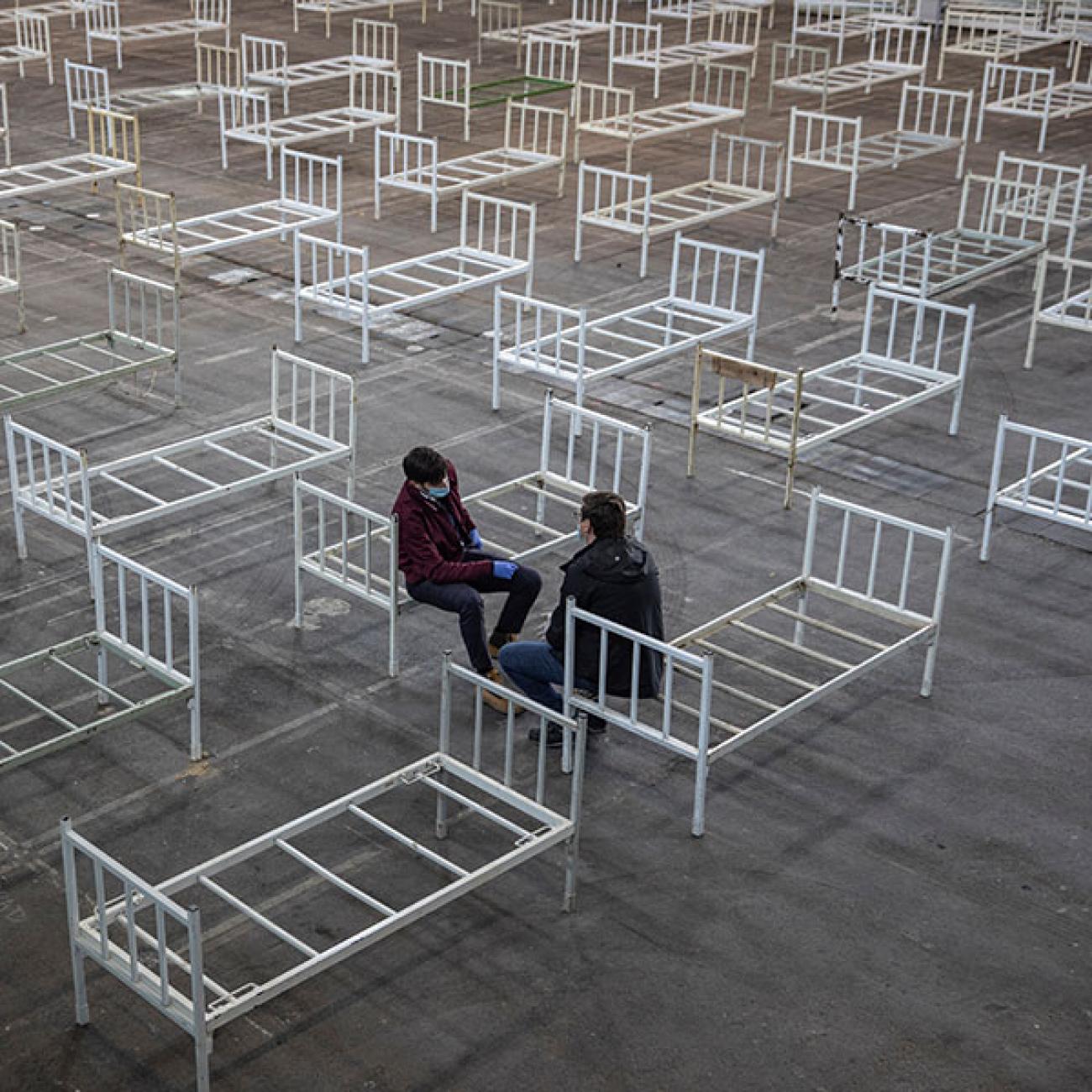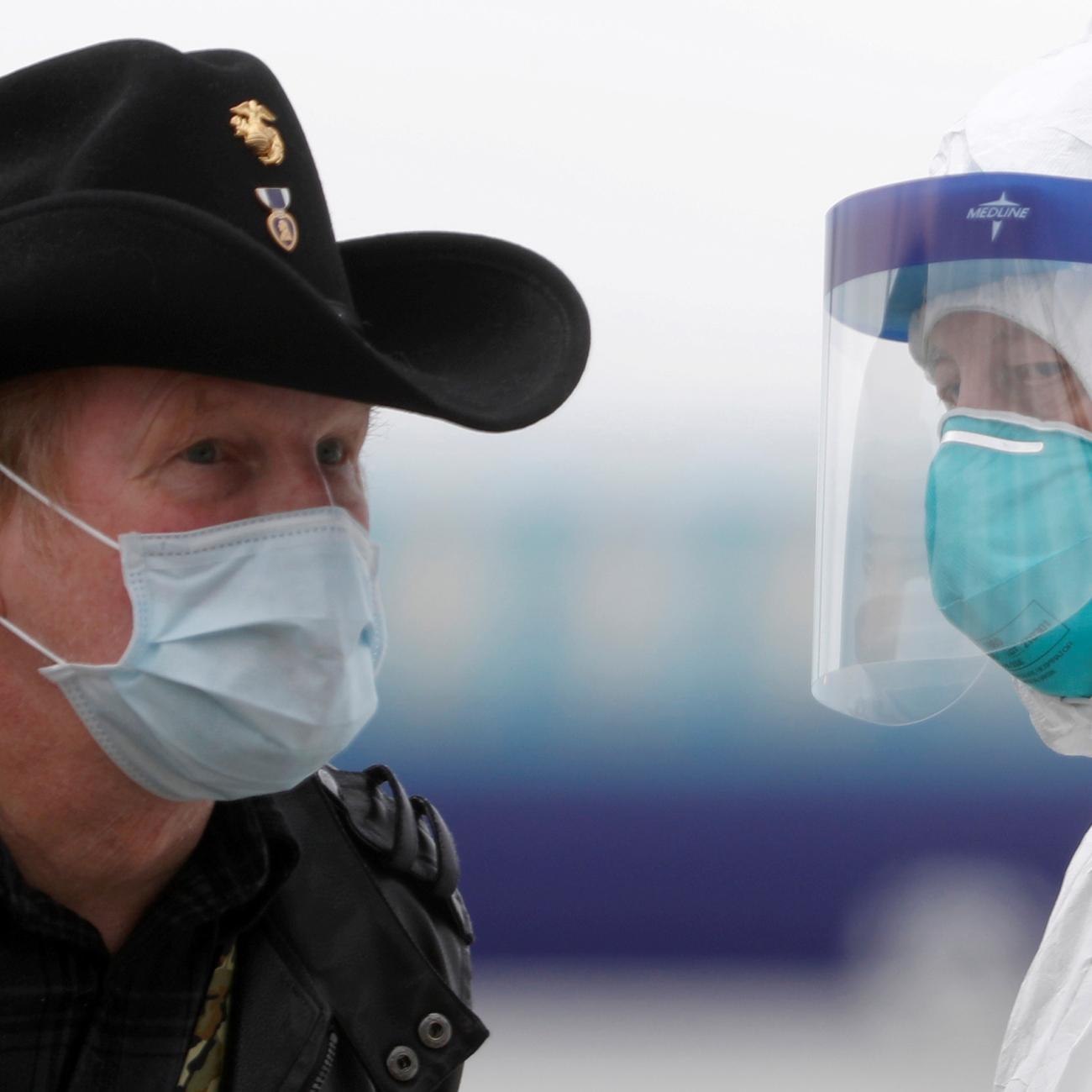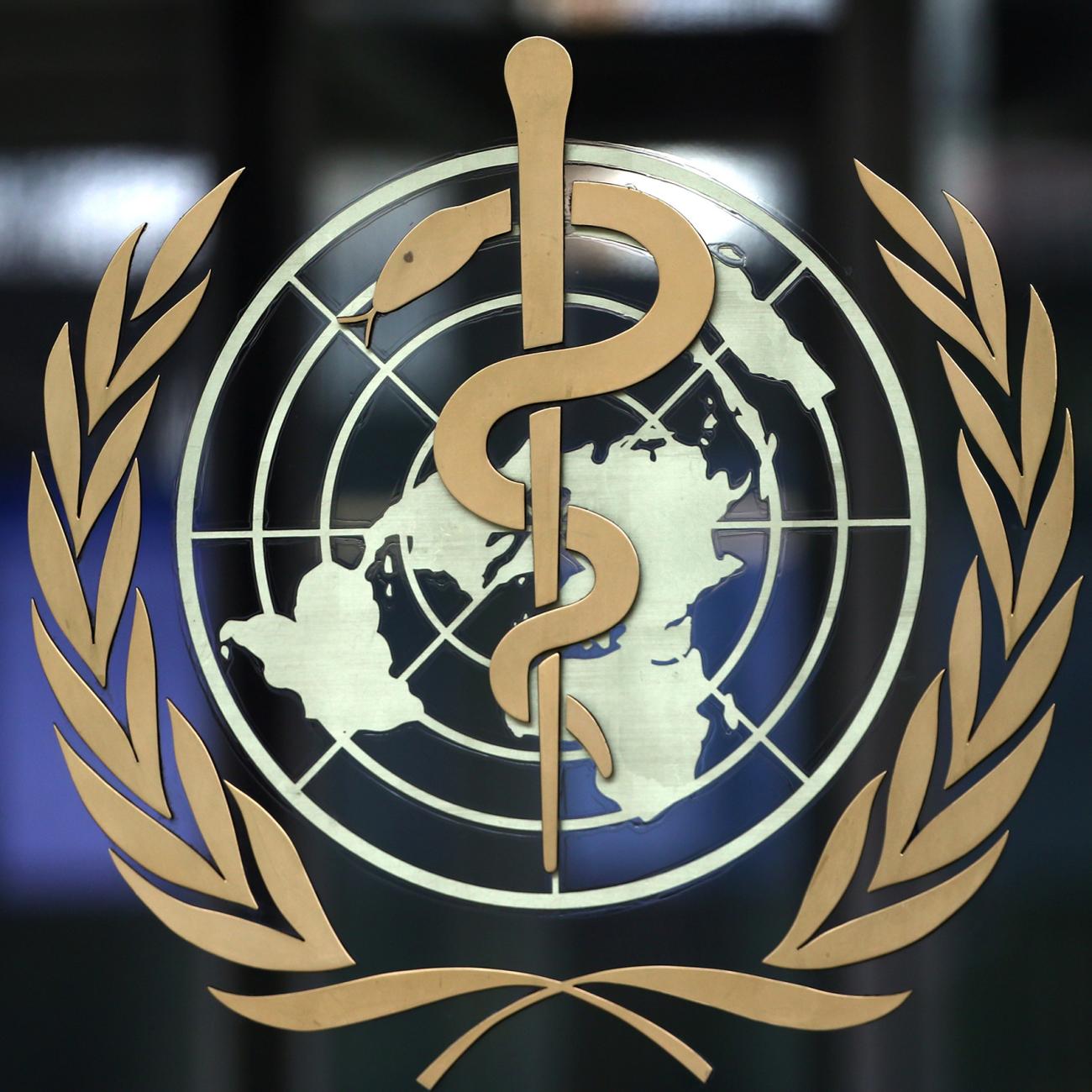The U.S. government continues to ratchet up pressure on China over the COVID-19 pandemic. President Donald J. Trump has again demanded that China pay compensation for the damage he claims the Chinese government’s mishandling and alleged cover-up of the Wuhan outbreak has caused. Secretary of State Michael R. Pompeo is pressing the argument that the novel coronavirus originated in a laboratory in Wuhan, an accusation that resonates better with the Trump administration’s anti-China narrative than the “wet market” explanation of the pandemic’s origin. China’s resort to aggressive, nationalistic diplomacy concerning the pandemic has generated anger around the world and reinforced the administration’s assertion that China cannot be trusted, must be confronted, and should pay a price.

The claims of wrongful acts, allegations of damage, and the demand for compensation have prompted lawyers to apply the international law on state responsibility to the pandemic. This set of rules reflects at the international level the notion of corrective justice—that victims of illegal acts or omissions deserve reparations. The U.S. demand for pandemic reparations focuses attention on whether the Chinese government and Communist Party repressed information flows about the Wuhan outbreak, failed to be transparent with the World Health Organization (WHO), continued to hide information about cases and fatalities related to COVID-19, and refused to cooperate in identifying the source of the outbreak.
The pandemic provides the Trump administration with another opportunity to pursue pre-pandemic objectives like confronting China
However, so far the U.S. government’s pursuit of pandemic reparations is not about corrective justice as implemented by international law. Instead, the pandemic provides the Trump administration with another opportunity to pursue pre-pandemic objectives—confronting China, blunting its global ambitions, tarnishing its reputation, accelerating economic disengagement with China, and dismantling the globalization associated with China’s rise to great-power status. The Trump administration is not alone in believing that China’s behavior during this pandemic deserves scrutiny, condemnation, and confrontation. Look no farther than efforts by Joe Biden, the presumptive presidential candidate of the Democratic Party, to paint President Trump as soft on China concerning the pandemic.

Even so, the U.S. campaign for pandemic reparations has significance for global health governance. This campaign is intensifying competition between the United States and China in ways that threaten pandemic response efforts and post-pandemic activities, including the WHO’s future. Given these threats, opposition within the global health community to pandemic reparations is understandable.
This campaign is intensifying competition between the United States and China in ways that threaten pandemic response efforts
Historically, countries have not pursued reparations in connection with the transboundary spread of infectious diseases and, thus, have not made corrective justice through law important in global health governance. Instead, states, international organizations, and non-state actors have evaluated outbreaks in order to learn lessons and specify reforms that will better prepare nations and the international community for future pathogenic threats. For example, WHO strengthened its emergency preparedness and responses capabilities as recommended by reviews of the Ebola outbreak in West Africa in 2014 and then impressively deployed those capabilities during the Ebola outbreak in the Democratic Republic of Congo in 2018.

This review approach involves a form of procedural justice that facilitates ritual atonement, rather than legal remedies, for the consequences of past actions. In addition, the review process considers matters important to substantive justice by identifying changes to improve future health outcomes (e.g., strengthening surveillance and response capacities) and distribute more equitably the resources needed for achieving better health outcomes (e.g., increasing health assistance to low-income countries).
The COVID-19 pandemic—the worst global crisis in decades—demands questions about justice in global health governance
The COVID-19 pandemic—the worst global crisis in decades—certainly demands questions about justice in global health governance. The pandemic has caused illness and death on a massive scale, exposed the unfair distribution of resources needed to counter this dangerous threat, and highlighted failures around the world to act on lessons learned and implement needed reforms. In keeping with tradition, widespread support exists for conducting reviews of the pandemic in order to identify mistakes, lessons learned, and potential reforms to improve strategies against future outbreaks. However, the health, economic, and political carnage created by the pandemic raises hard questions about how much past outbreak review processes have actually achieved in terms of procedural or substantive justice in global health.

Even worse, the manner in which China and the United States have made the pandemic a matter for geopolitical competition will change the dynamics of outbreak review processes, making it perhaps impossible to achieve procedural justice through pandemic evaluations, let alone produce credible commitments for better, more equitable preparation for and responses to future epidemics and pandemics. International cooperation on health has not had to contend with balance-of-power politics for three decades. The global health governance strategies and mechanisms developed in this period, including the outbreak reviews, are ill-equipped to deal with the return of geopolitics in international relations.
Pandemic reparations are not the way forward for justice in global health governance
We know from historical experience that efforts to achieve corrective, procedural, and substantive justice face enormous odds in balance-of-power systems. Geopolitics tends to produce rival notions of what justice means, and these notions become interwoven into great-power competition for advantage and influence. This pattern recalls what, according to Thucydides, Athenian envoys said to the Melians during the Peloponnesian war—that justice only has a place between those equal in power. Pandemic reparations are not the way forward for justice in global health governance. But what is the way forward is not clear. This pandemic has laid waste to previous efforts to achieve procedural and substantive justice in global health and demonstrated that future attempts to craft justice in global health governance will proceed under the shadow of the balance of power.







